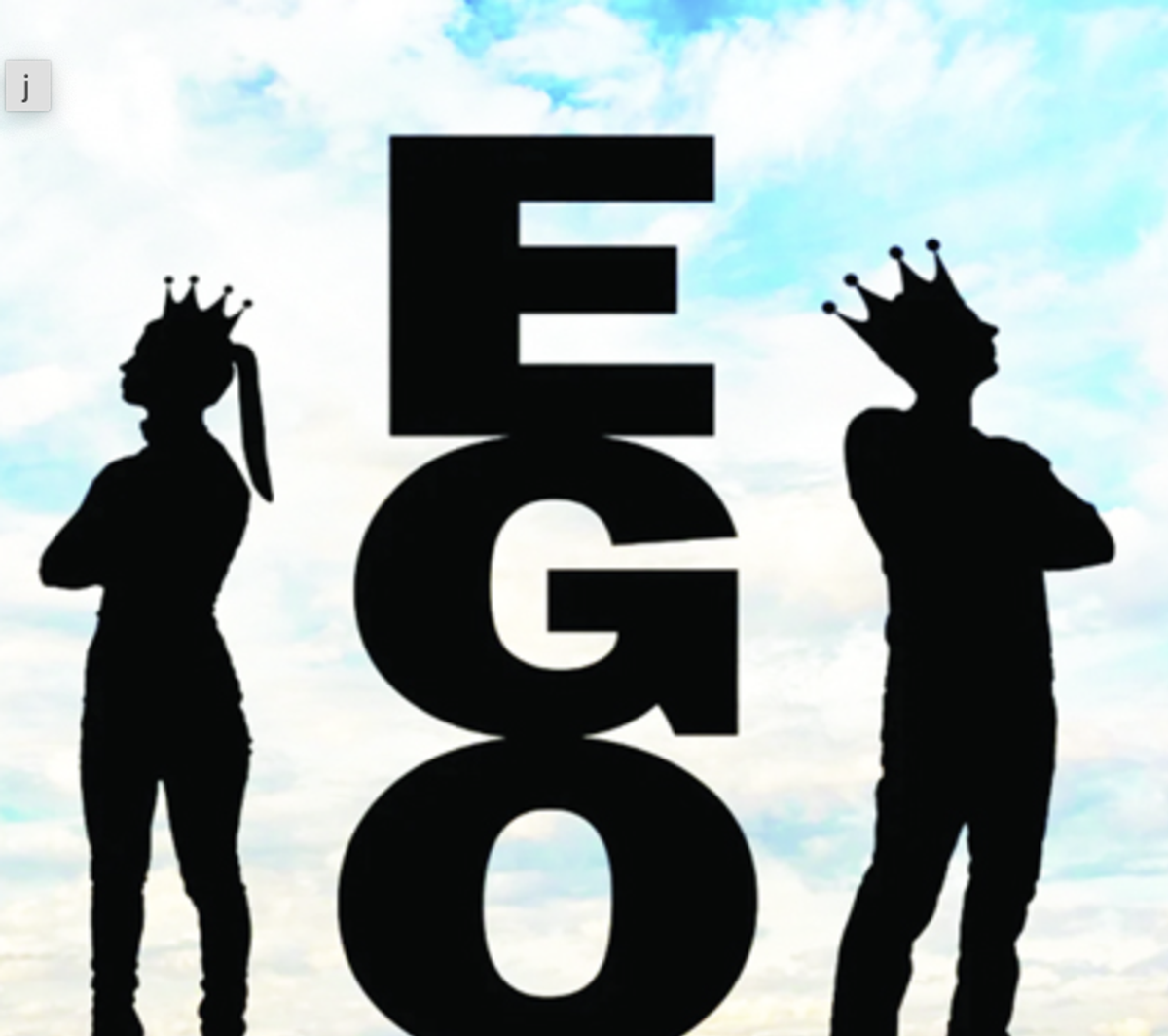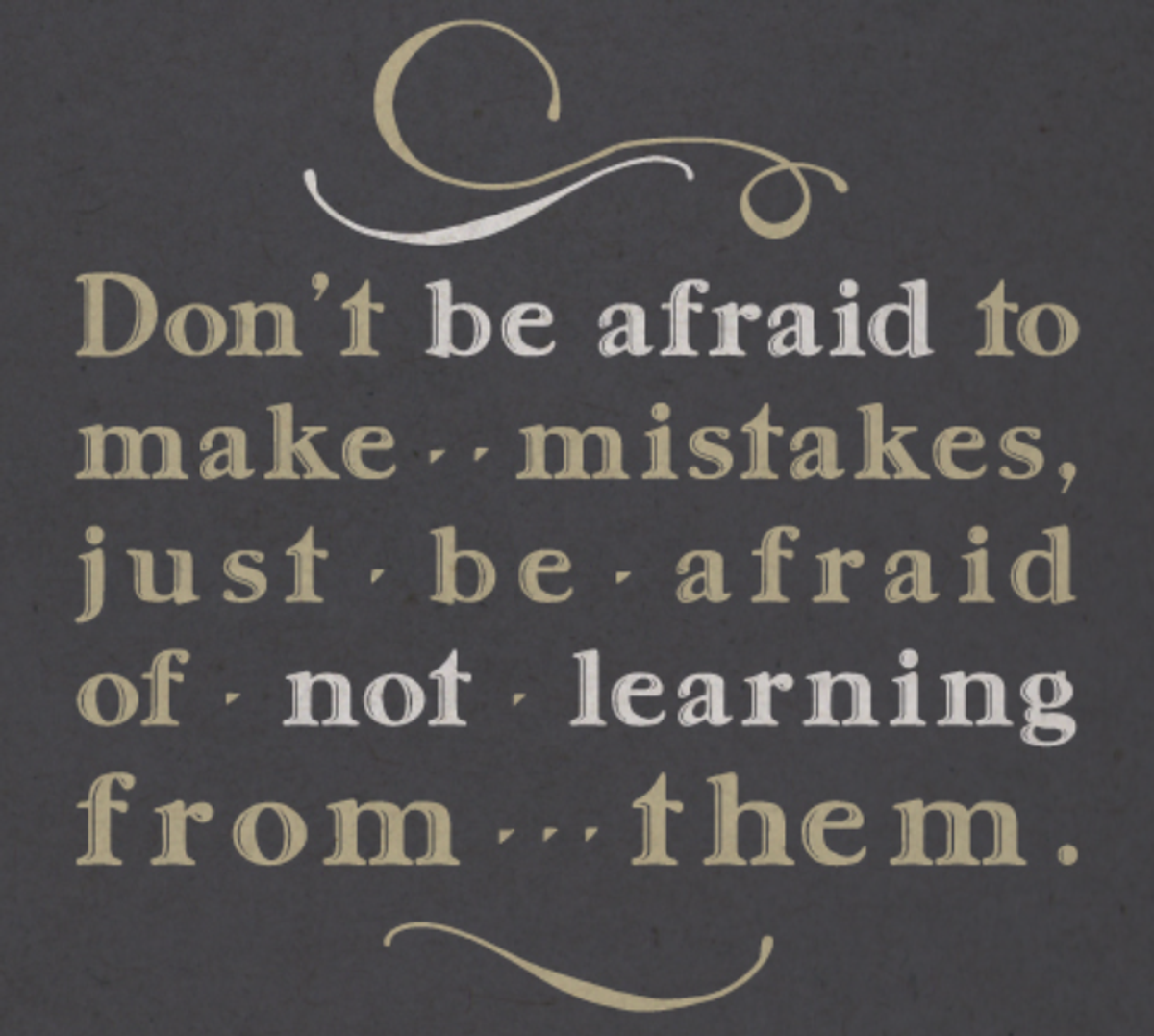Senior School News
Year 10 and Year 11

Senior School News
Year 10 and Year 11
One of the most powerful skills we can help young people develop isn’t academic; it’s personal. It’s the ability to receive feedback—truly receive it—with openness, self-awareness, and the willingness to grow.
And yet, despite our claims to the contrary, accepting feedback is difficult for all of us.
I see it with students: a test comes back, eyes go straight to the mark, and without much pause, the paper is buried deep in their file. Sometimes there’s a sigh, or a comment about how “the question was unfair,” or “we didn’t go through that properly.” In those moments, the feedback itself gets pushed aside—not because of the content, but because of how it feels.
That’s ego at work.


Let’s be clear, ego isn’t arrogance, or overconfidence. Ego is the inner protector of our self-image, and it enters fight or flight mode whenever something challenges that image - for good reason. Our self-image matters because it gives us the stability of feeling valuable, competent, and accepted. When something threatens these feelings—even a well-meaning piece of feedback—it can feel hurtful, destabilising and demoralising.
Think of the adult who hears from a colleague, “that presentation was a bit unclear,” after staying up late to get it right. Or a parent whose teenager says, “you don’t care about what I want,” despite our best efforts to be supportive and understanding. In these moments it is natural for defensive thoughts arise. We start explaining, justifying, correcting and often an argument ensues.
At work, feedback from surveys or teams—whether about how something is communicated, or how a process affects others—can feel like a punch, even when it’s constructive. Our first instinct is often emotional: But I was trying my best. They don’t see what else I was managing. It takes a conscious pause to step back from the feeling of personalised accusation to consider the message. And when we can do that—really do it—it almost always leads to a clearer insight, and a better outcome.
The same is true for young people. For example, the Year 10 student who receives feedback that their essay had strong ideas, but unclear explanations might be disheartened: “I thought I answered the question?” They now have two choices: listen dejectedly to the advice for their next essay without really taking it in or really dig into what is meant by ‘unclear explanations’. One closes the door on growth and the other opens it. And you can guess which response facilitates the quicker improvement.
This is where vulnerability plays a vital role. As Brené Brown writes, “Vulnerability is the birthplace of innovation, creativity, and change.” It’s the strength to say, “I might not have this right yet—but I’m willing to look again.” And that is not as easy as it seems when our ego is always at the ready to shield us from feelings of shame, confusion, and disappointment.
Even at the highest level of performance, our mindset matters. Michael Jordan, arguably the greatest basketball player of all time, said: “I’ve missed more than 9,000 shots in my career. I’ve lost almost 300 games. Twenty-six times, I’ve been trusted to take the game-winning shot and missed. I’ve failed over and over and over again in my life. And that is why I succeed.”
Jordan didn’t see failure as a threat to his self-image. He saw it as data. He listened, learned, and adjusted. And in doing so, he became more than talented—he became great. It is self-evident that Jordan’s greatness didn’t come from avoiding failure—it came from embracing it. From trusting that failure was feedback. And from refusing to let ego get in the way of learning.


This is what we want for our students: not to fear mistakes, but to explore them. Not to protect a perfect image, but to undergo perpetual growth. And that growth happens only when we see feedback as an opportunity rather than an insult.
As parents and educators, we can model the courage to listen and normalise being wrong. People make mistakes all the time, it is part of the human condition. If we are willing and able to learn from them, we simply give ourselves the chance to grow and develop.
It is when we win battles with our ego, that we free ourselves to grow.
And real learning can begin.
Regards,
Mr Jonathan Hunt
Acting Head of Senior School (Year 10 and Year 11)